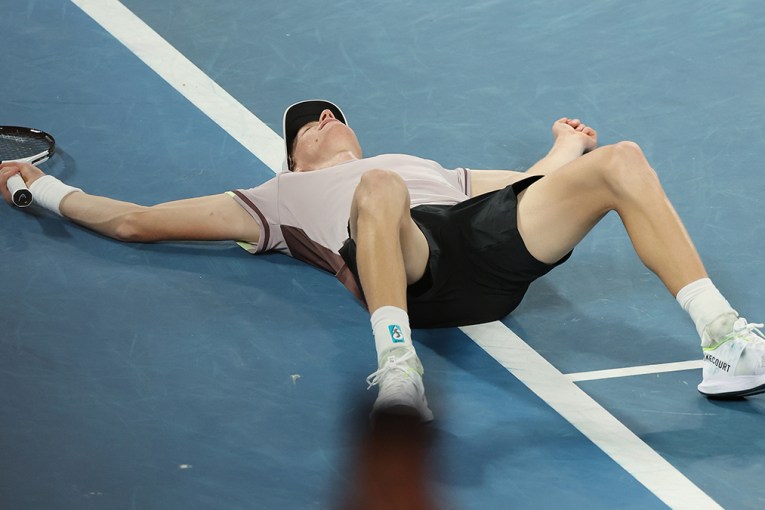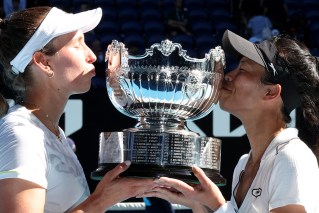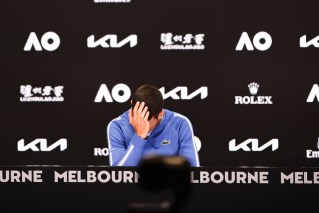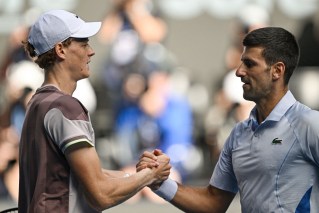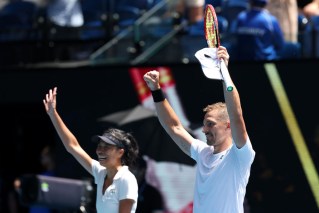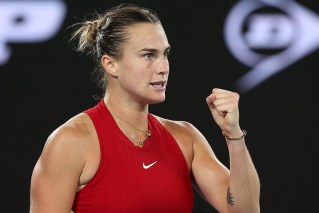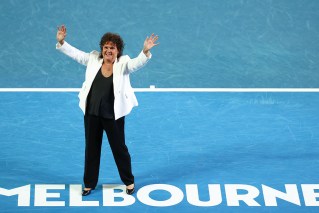Minister: Djokovic’s presence in Australia could spark ‘civil unrest’

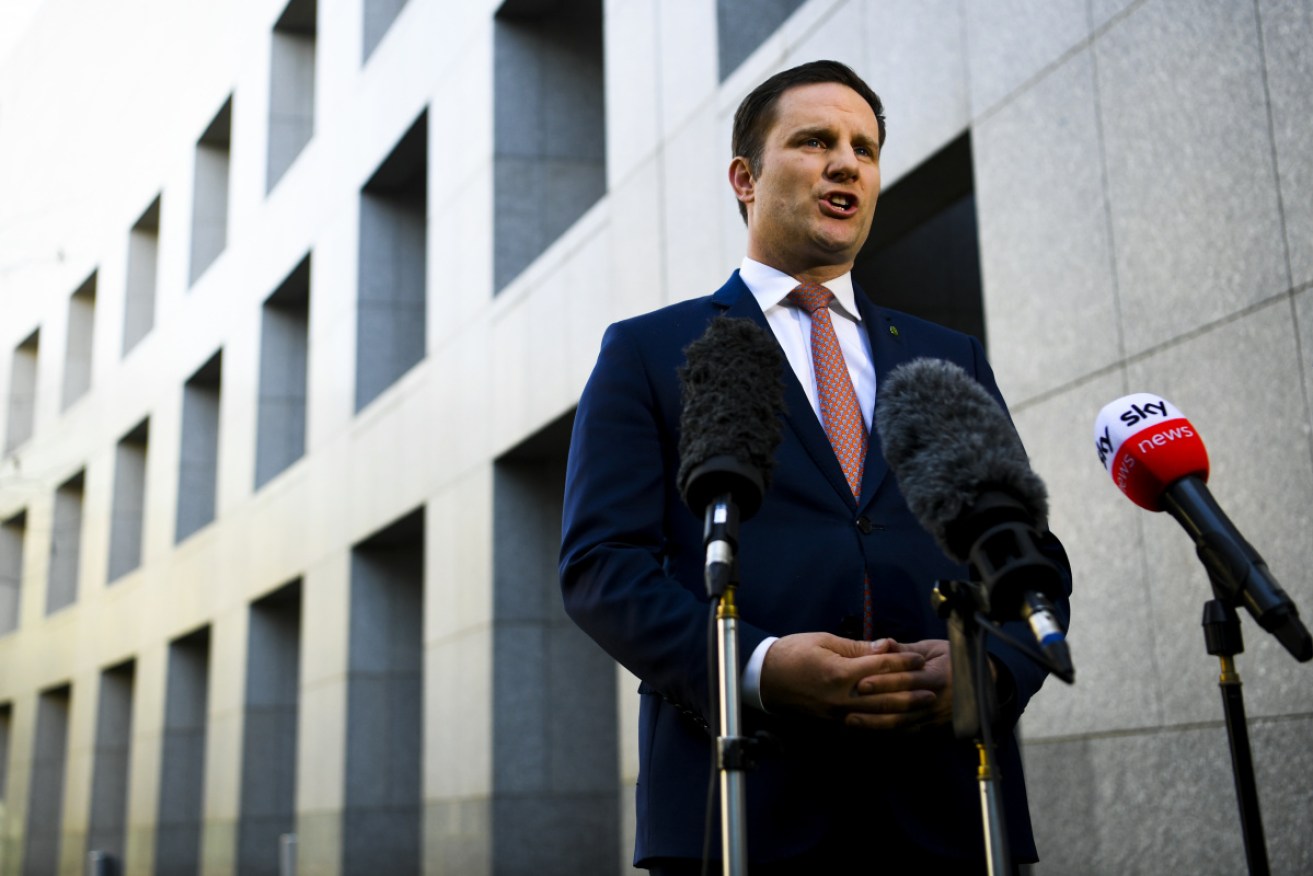
Immigration Minister Alex Hawke wants foreign-born criminals to be deported faster. Photo: AAP
The Australian government says Novak Djokovic’s mere presence in the country is a danger to public health because he might inflame “anti-vaccination sentiment”.
In an email outlining his detailed reasons for cancelling Djokovic’s visa and included in court filings released on Saturday morning, Immigration Minister Alex Hawke admitted the jab-shy tennis star poses a “negligible” risk of spreading COVID-19 to others.
But he also argues that allowing the 20-time grand slam winner to remain in Australia may risk “the health of the Australian community” and could inspire protests and even riots by anti-vaccination supporters.
“I have given consideration to the fact that Mr Djokovic is a high-profile unvaccinated individual who has indicated publicly that he is opposed to becoming vaccinated against COVID-19,” Mr Hawke wrote.
“In addition, I consider that Mr Djokovic’s ongoing presence in Australia may lead to an increase in anti-vaccination sentiment generated in the Australian community, potentially leading to an increase in civil unrest of the kind previously experienced in Australia with rallies and protests which may themselves be a source of community transmission.”
The minister says it could also lead to other unvaccinated Australians refusing to get the jab, anti-vaxxers having their views reinforced and a reduction in the uptake of booster doses.
Australians could be influenced
Referencing Djokovic’s self-described “error in judgment” to proceed with an interview with a French magazine journalist last month after being informed of his positive COVID-19 result, Mr Hawke said that may “foster similar disregard for the precautionary requirements following receipt of a positive COVID-19 test in Australia”.
“His behaviour may encourage or influence others to emulate his prior conduct and fail to comply with appropriate health measures following a positive COVID-19 test, which itself could lead to the transmission of the disease and serious risk to their health and others,” he wrote.
The world No.1’s false Australian travel declaration, which suggested he had not travelled in the past 14 days before arriving in Melbourne, was not a factor in the decision after the player’s agent provided a statutory declaration accepting responsibility.
The minister said he considered the likely “significant” inconvenience, emotional hardship and distress of cancelling Djokovic’s visa, on top of possible reputational damage and professional implications including his inability to compete in the Australian Open.
But ultimately Mr Hawke decided the a refusal to be vaccinated combined with public statements calling the vaccine’s effectiveness into question outweighed any personal damage to the centre court champion.
“These matters go to the very preservation of life and health of many members of the general community and further are crucial to maintaining the health system in Australia, which is facing increasing strain in the current circumstances of the pandemic,” he said.
Back in detention
Earlier, there was no sign of Djokovic during Saturday’s procedural hearing of the Federal Court of Australia.
The 34-year-old had been due to meet with immigration officials at an undisclosed location in Melbourne at 8am on Saturday before being detained.
Justice O’Callaghan raised the possibility of convening a full court of three judges for Sunday’s hearing, scheduled for 9.30am AEDT, instead of a single judge.
It was supported was Djokovic’s representative Paul Holdenson QC, but opposed by the government on appeal grounds.
“Having the matter referred to the full court would remove any party’s right to appeal,” said Stephen Lloyd SC, representing Mr Hawke.
A decision on whether a full court will sit is expected later in the day.
-with AAP
